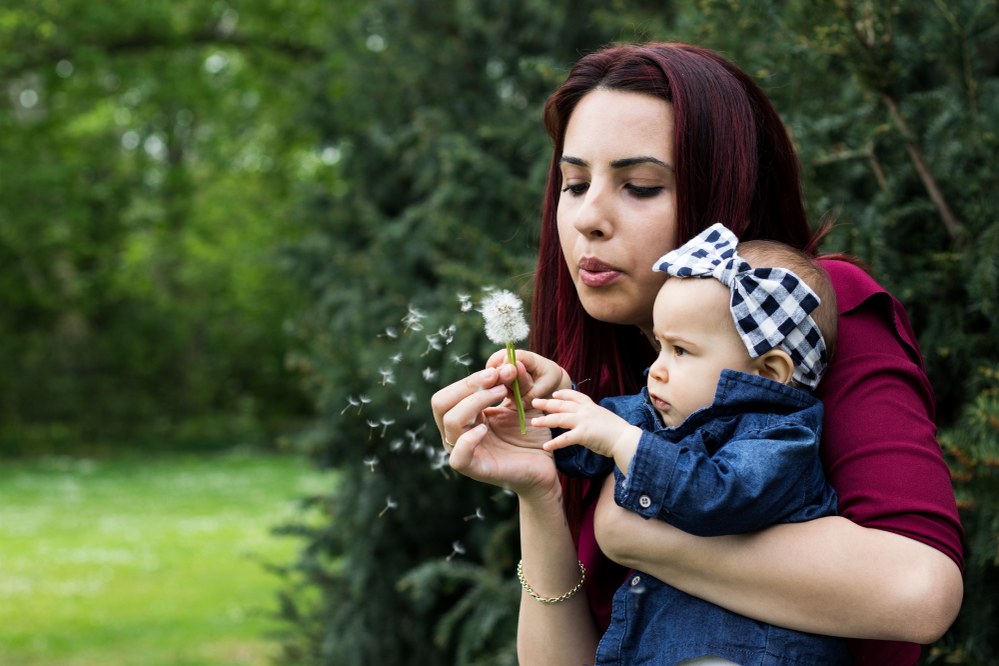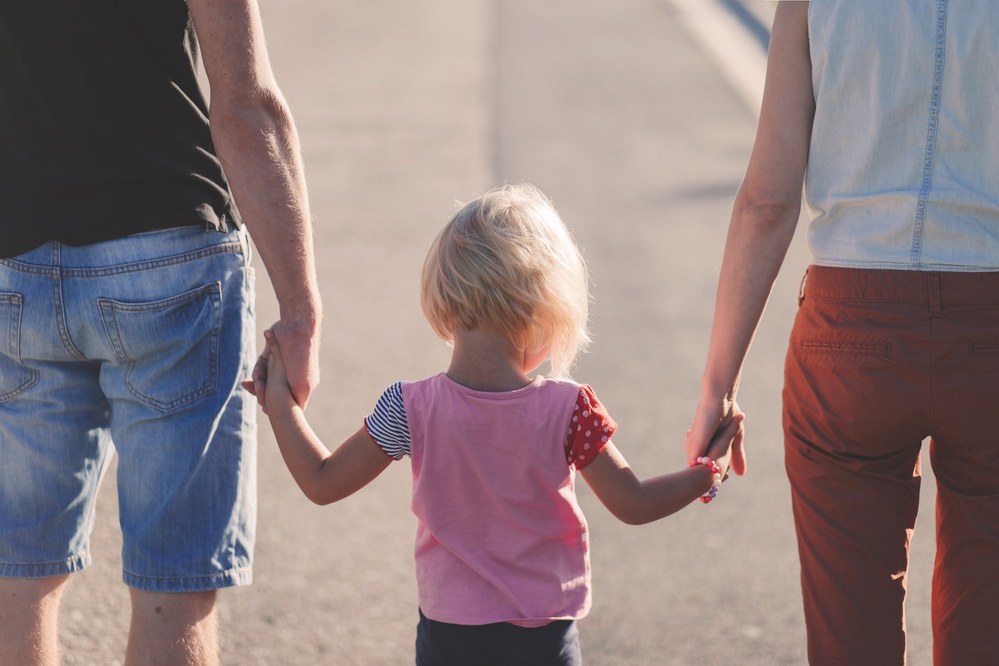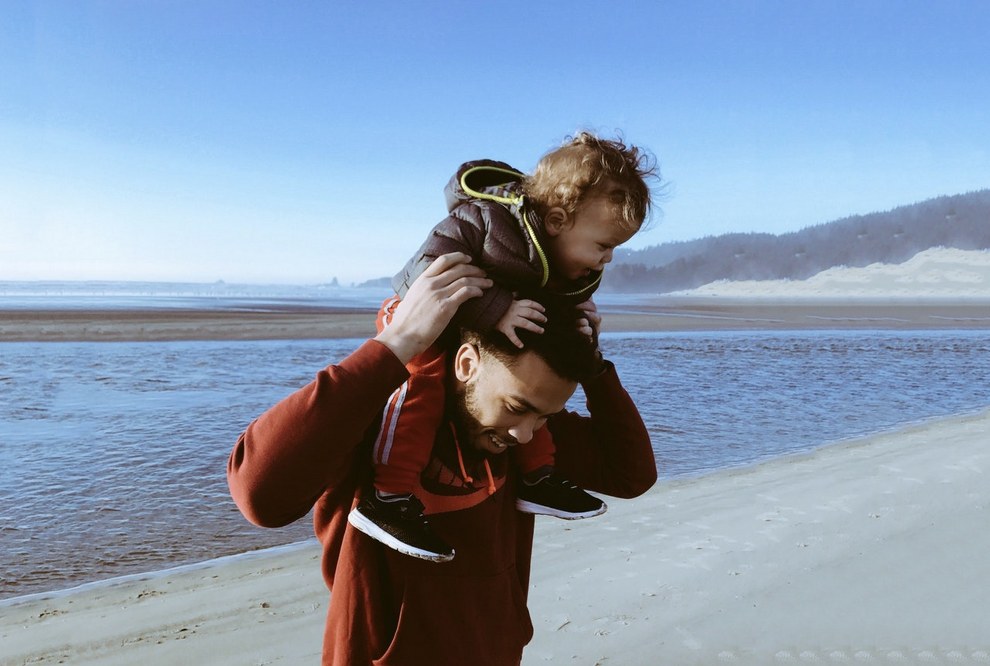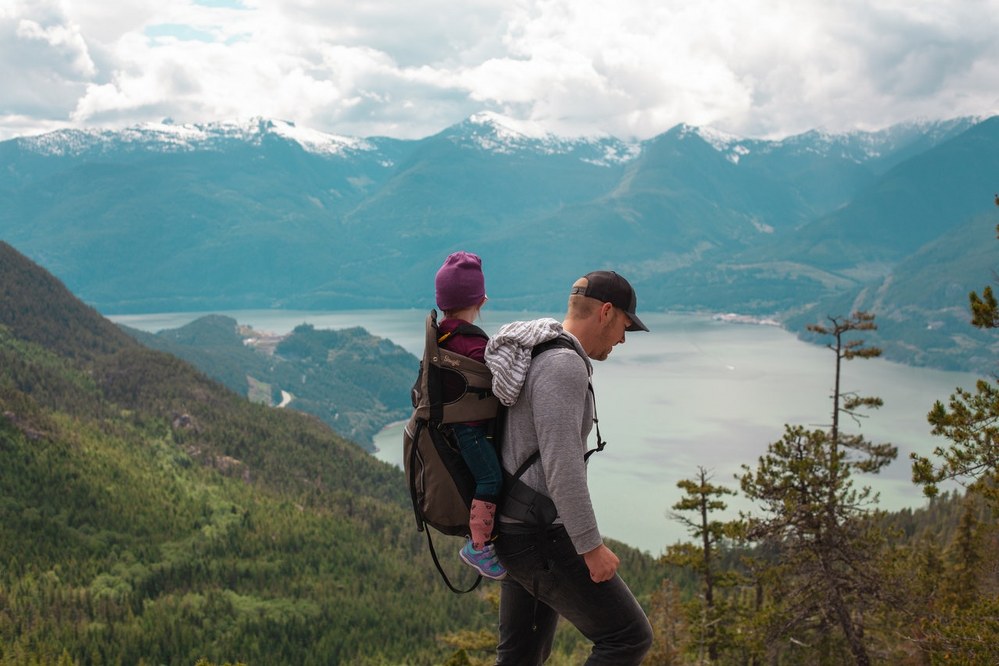Why we have less children and the pros and cons of raising small families.
Small families are becoming ore and more common. Whereas sixty years ago it was normal for families to have three or more children, now, most couples and single parent families have – or plan to have – only one or two children. In 2017, 84% of married couples and 87% of single parents had only one or two children. Why the change? What are the benefits and challenges of raising small families? Read on if you want to find out all there is to know about raising small families.
The reasons small families are on the rise
Choice
For many people, having a small family is a proactive choice. In the past if people (read women) wanted to have small families, it often wasn’t a choice they could make. With contraception now widely and cheaply, if not freely, available, times have changed dramatically, and women and their partners can choose together how many children they would like to have.
Cost of raising children
The UK in 2019, is a far cry from the days when more children meant greater wealth and security in old age. As living costs continue to rise whilst wages stagnate, finances are often at the forefront of people’s minds when they choose to have a small family. It stands to reason to think that fewer children is more affordable when you consider the cost of childcare, schooling and everything else children need. After all, according to the Child Poverty Action Group (CPAG), the cost of raising a child from birth to 18 is now £75,436 for a two-parent family and £102,627 for a single parent/guardian. And this excludes housing, childcare and council tax!
Changing priorities
However, for many small families the decision to have fewer children is about priorities of how to spend their hard-earned cash, rather than an absolute lack of funds to provide for a family. It’s all about priorities. Whilst people might like the idea of more children, they often prefer the idea of more luxuries in their life, be it more holidays or a bigger house. A very personal choice that each of us has to make.
Focused parenting
The trend for more focused parenting also lends itself towards small families. In the past, children were often left roaming free for hours on end. Parenting was less demanding, far more passive and less hours were spent watching or engaging with the kids. Now, for many varied reasons, children are less likely to play outside, knock at the neighbour’s kids’ doors, or indeed play independently. Instead parents are far more proactive and engaged with their children arranging their play dates and ferrying them between school and extracurricular activities. For many, considering a big family feels impossible given the time and effort involved in just raising one or two children.
The biological clock
For others, it’s a choice (semi)-enforced upon them. As people settle down and start families later in life, for various reasons, there’s less time – or chance – to produce multiple offspring. Being older can mean your fertility rates are lower and make having more children harder. Of course, this isn’t always the case. As women give birth older, they are more likely to have twins – so going for a second could equally leave you with more than you bargained for.
Working mothers
Gone are the days when women were expected to stay at home producing and raising children for years on end. In 2018, a record 3 out of 4 mothers were working part time or full time. At the same time, the role many men play within the home has changed, albeit not at the same pace as the changing work dynamics of mothers. So, for women who undertake work outside of the home and bear the brunt of managing childcare and household on top, having small families is sometimes the only option.
Other circumstances
For others, small families are a result of circumstances beyond our control. As a single mum to one, I worried I’d never have another child, although thanks to donor conception I was able to have a second. This isn’t an option open to everyone. Whilst some people love raising an only child, others might want to expand their family, but that choice is taken away by health issues and fertility challenges. This can especially be the case for those who start making babies later in life.
The benefits of small families
Small families – whether through choice or not – have many advantages and bring benefits to parents, children and the earth alike. Some of these benefits might have been the very reason why individuals chose to have only one or two children in the first place, or they might just be a happy coincidence of small families.
Family resources
In small families, resources don’t have to be spread as far – be that parenting time, energy and – of course – money. It’s common for children in small families to benefit from a higher level of engagement with their parents and the results are evident in educational achievements. The lower levels of financial pressure also help to lessen the burden on small families and mean resources can be used on luxury items – extracurricular activities, holidays, cleaners – whatever you want! Less stress can only be a good thing.
Free time
Having small families also gives parents the time to do things outside of parenting. Be that working in a career, studying to further that career or for personal interest or just having a social life. Whilst we all love our children dearly, the chance to spend time doing what we enjoy most, can help ensure we are happier parents when we are at home.
Less sibling rivalry
Having fewer children in a home also leads to less sibling rivalry. With parents not being split in as many directions, each child can be given the attention they crave. What’s more, recent research has shown that less sibling rivalry can have positive knock on effects for the children, from performing better in schools, to greater social confidence.
Our planet
Outside of the family unit, small families are also better for our planet. Huge population growth, ongoing indulgent use of the earth’s resources, and an excessive use of fossil fuels is leading to climate change and mass pollution of our waterways and oceans. There can be no denying that small families place less pressure on the world and will allow our finite resources to last for longer. Small families really are better for the entire human race!
The challenges of small families
As with all family set ups there are pros and cons, and each family will find what size is best for them.
Pressure on kids
With small families, which have only one child there is a risk that parents place all their hopes and dreams on that one child, putting them under excessive pressure to perform – be that in the classroom, sports field or any other area the parents deem important. Only children can also struggle more to develop social skills than children in large families – just think of the struggle to teach your kid to share. However, these challenges shouldn’t put you off having a small family, they are just factors to be aware of to ensure you consider them whilst raising a small family and reaping the benefits.
Lack of social experiences
If your child is being raised in a small family, he or she doesn’t need to miss out on the social experiences of larger families. Make the most of your extended family if you have one – if not then you can build a network of your own, maybe through meeting other single parents, for example on single parent family holidays. Family isn’t always blood related after all.
There’s no denying that it is more manageable and affordable to have fewer children. Holidays with small families are much easier logistically – you can all fit in one car for starters. Remember, the benefits of raising small families aren’t just for the children. As parents, we get many benefits too. Be sure to make the most of having a small family and take time for yourself, to hang out with friends and for quality time with your partner if you are in a relationship. Doing this will help you to maintain your own identity, separate from your child, and help to avoid the pitfalls of over-focusing on the children and putting undue pressure on them. Also, it’s much easier to face empty nest syndrome if you have kept other areas of your life alive and well too. Most importantly, however, small families are good for the planet.
But let’s not forget that it is a very personal decision and that families come in all shapes and sizes and there is no such thing as the perfect size.
About Single Parents on Holiday:
You can find out more about Single Parents on Holiday, go to our homepage, or if you enjoyed our article, please subscribe to our Single Parent blog !
Author bio:
Ellamental Mama is a 30-something single mum to two young boys. She writes a raw, honest and sometimes funny account of single parenting at Ellamental Mama. You can keep up with her stories by subscribing online, liking her facebook page or following her on twitter at @EllamentalMama.



